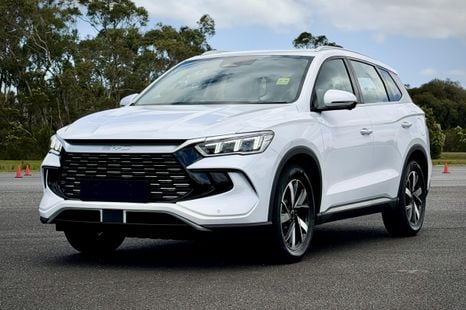

Ben Zachariah
2026 BYD Sealion 5 Essential review
1 Hour Ago
Tesla and BYD are stars in the race, driving us to a record-high overall EV market share of 6.5 per cent during the first quarter of 2023.

Senior Contributor
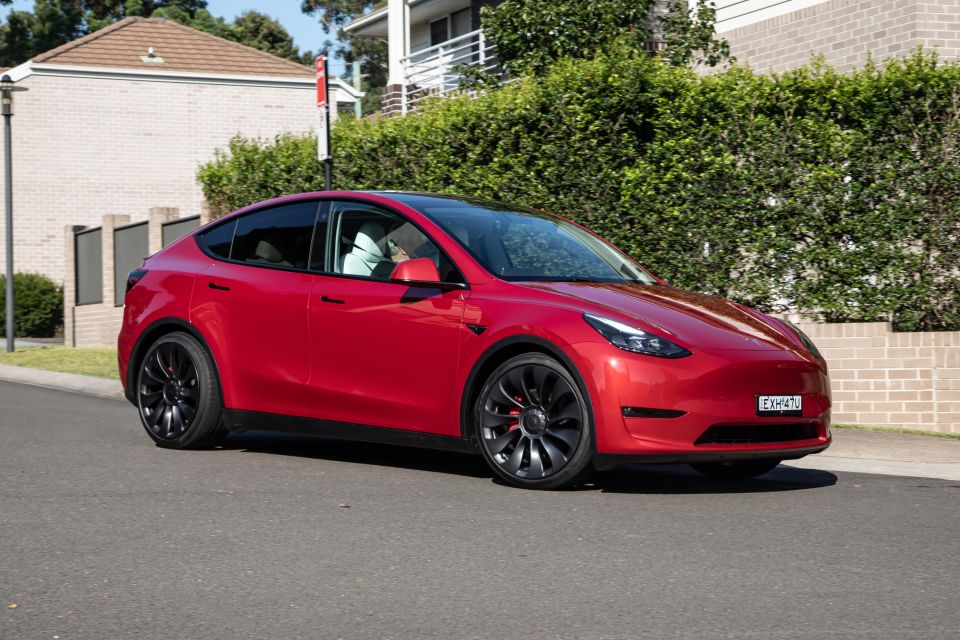

Senior Contributor
Deliveries of fully electric vehicles (EVs) in Australia tallied 17,396 units during the first quarter of 2023, up a substantial 157.6 per cent year-on-year.
Overall EV market share in quarter one of 2023 sat at 6.5 per cent, compared to just 2.6 per cent this time last year – and yes, both periods include Tesla.
The kings of the market all source vehicles from China. These top-tier EV brands in Australia are Tesla by some margin, ahead of fast-moving upstart BYD, then MG, Polestar and Volvo.
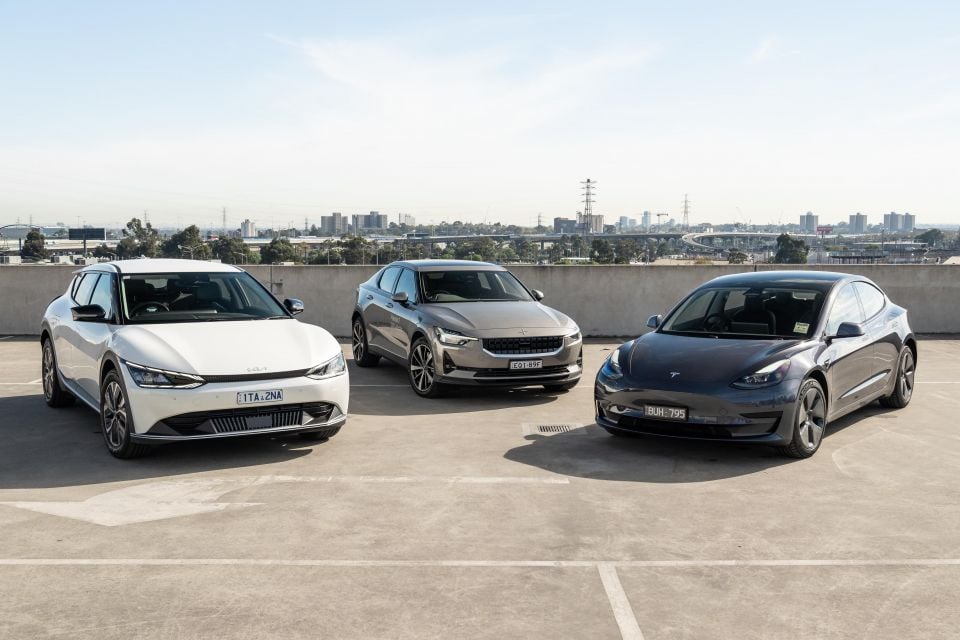
As the dot points below show, the ACT has by far the highest penetration, with almost one-in-five new vehicle deliveries in 2023 a pure EV, while NSW has the biggest overall car parc and second-highest market share for EVs.
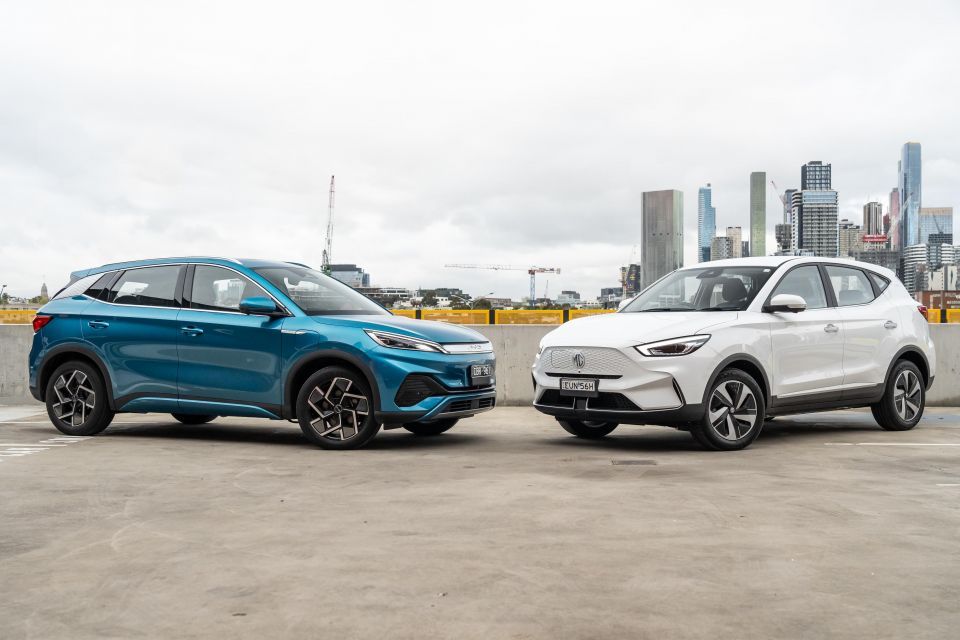
Tesla alone controls 60 per cent of the overall EV market so far this year, with its Model 3 and Model Y easily the biggest-selling models.
In fact the Model 3 sedan is the overall top-selling passenger car in the country full stop, ahead of the Hyundai i30, MG 3 and Toyota Corolla. Meanwhile the Model Y is the most popular mid-sized SUV priced above $70,000, dominating the Volvo XC60, BMW X3 etc.
BYD is doing tremendously, moving 2098 of its Atto 3s over the first quarter, finishing a comfortable third on the model charts ahead of rival Chinese player MG.
The brand with the most EV models, if not the most deliveries, is Mercedes-Benz with seven EV nameplates: EQA, EQB, EQC, EQE, EQS, eVito and EQV.
| Model | Q1 sales |
|---|---|
| Tesla Model 3 | 7238 |
| Tesla Model Y | 3169 |
| BYD Atto 3 | 2098 |
| MG ZS | 916 |
| Volvo XC40 | 827 |
| Polestar 2 | 548 |
| Hyundai Ioniq 5 | 288 |
| BMW iX | 255 |
| Hyundai Kona | 237 |
| Volvo C40 | 236 |
| BMW iX3 | 175 |
| Kia EV6 | 159 |
| Kia Niro | 151 |
| Mini Hatch | 141 |
| Nissan Leaf | 138 |
| Audi e-tron GT | 107 |
| Mercedes-Benz EQB | 106 |
| Porsche Taycan | 103 |
| Mercedes-Benz EQE | 80 |
| Mercedes-Benz EQA | 77 |
| Hyundai Ioniq 6 | 67 |
| Genesis GV60 | 61 |
| Mercedes-Benz EQC | 48 |
| Audi e-tron | 42 |
| Genesis GV70 | 22 |
| BMW i7 | 15 |
| Lexus UX300e | 15 |
| BMW i4 | 13 |
| LDV T60 EV | 13 |
| Jaguar I-Pace | 11 |
| Cupra Born | 10 |
| Mercedes-Benz eVito | 10 |
| Renault Kangoo | 6 |
| Genesis G80 | 4 |
| Mercedes-Benz EQS | 4 |
| LDV Deliver 9 | 2 |
| LDV MIFA 9 | 2 |
| Mercedes-Benz EQV | 2 |
| Fiat 500E | 1 |
| Hyundai Mighty | 1 |
| Mazda MX-30 | 1 |
| SUM | 17,399 |
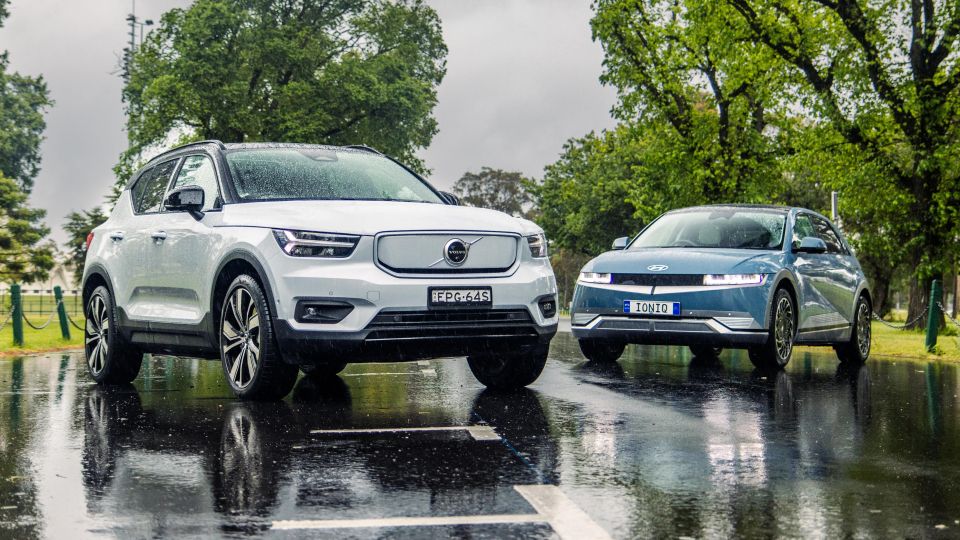
There were 41 different EV models that sold at least one unit over the period, produced by 21 different car brands. There were just 26 EV models this time last year by contrast.
Because of Toyota’s well-publicised shortages, EVs have actually outsold hybrid cars (16,101 over Q1) so far this year.
Plug-in hybrid (PHEV) sales are languishing on 1461 sales YTD, showing customers are generally keen to skip this bridging technology.
From the subset of 17,396 EVs delivered over the first three months to customers, 8477 were traditional passenger cars and 8894 higher-riding SUVs, which is a far more even split than the average market which is now dominated by SUVs and utes.
A practically irrelevant 25 light commercial EVs were sold too, being the niche Renault Kangoo ZE van and LDV eT60 ute.
MORE: What electric car buyer incentives are offered across Australia? MORE: VFACTS March 2023, new car sales decline as shortages linger MORE: Australia’s EV market by brand, region and buyer type


Ben Zachariah
1 Hour Ago
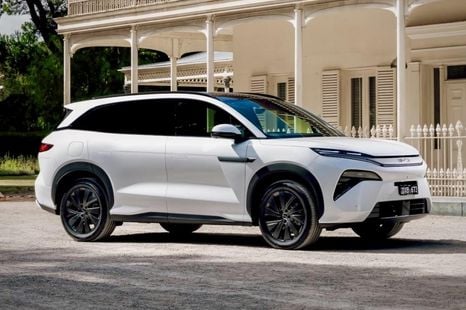

Ben Zachariah
1 Hour Ago
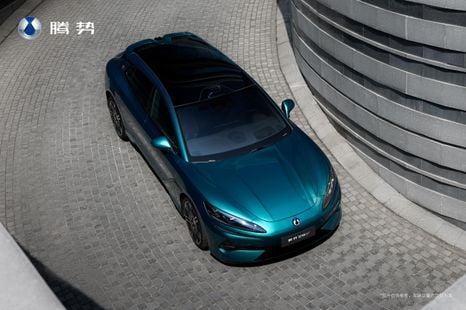

William Stopford
6 Hours Ago
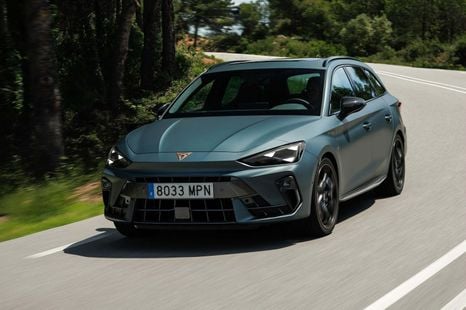

William Stopford
8 Hours Ago


Damion Smy
10 Hours Ago
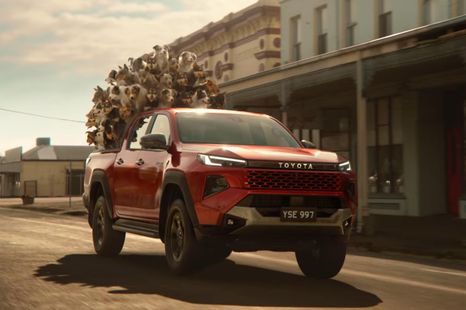

Damion Smy
12 Hours Ago
Add CarExpert as a Preferred Source on Google so your search results prioritise writing by actual experts, not AI.